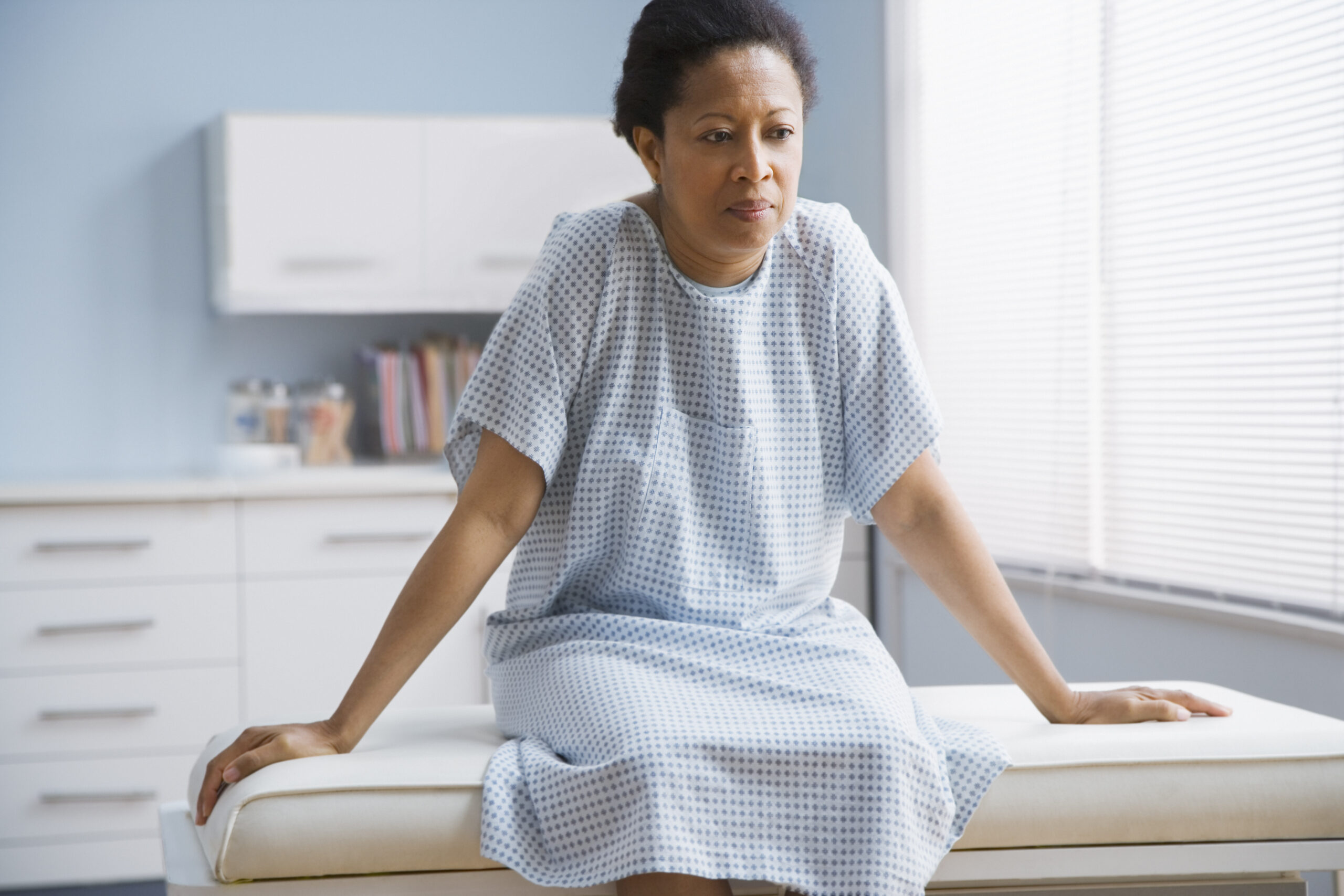Since the Supreme Court overturned Roe v. Wade, the bill that protected the reproductive freedom of women within the United States, Black women, especially those who live in rural areas, have become disproportionately at risk. Unbiased maternal health was already impacting Black women’s health outcomes at a higher rate. That’s in addition to poverty, food deserts and housing insecurity playing significant roles.
Each of these factors impacts the livelihood quality that Black women experience. MoneyGeek published an article that includes lists of the best and worst cities that are protecting Black women’s health. Through their analysis of Census data, here are Black women’s health outcomes according to these eight cities.
Where Can Black Women Live with Minimal Health Outcome Gaps?
Black women are more likely to live in contraception deserts and reproductive health deserts. These factors, in addition to the ones mentioned above, were considered when MoneyGeek analyzed the Census data. Out of 500 places with a population of 65,000 people, 164 cities were analyzed for how they protect Black women when it comes to homeownership, income, poverty rate, education access and health insurance gaps.
The top eight are:
- Southfield, Michigan
- Pearland, Texas
- Carson, California
- Port St. Lucie, Florida
- Norwalk, Connecticut
- Garland, Texas
- Mansfield, Texas
- Missouri City, Texas
How the Economy Is Linked To Health Insurance Gaps for Black Women
Forty-two percent of Black women working full-time or part-time feel they lack opportunities for career advancement or promotion, compared to 35% of U.S. adults, reports Goldman Sachs. And out of this group with health insurance, only 43% of Black women receive it through their employer, in contrast to 53% nationwide.
Lower employment gaps are also a contributor to better health insurance. For example, Southfield, Michigan has a 0.7% employment gap and a -4.8% health insurance gap. The second best city, Pearland, Texas, has a 0.3% employment gap and a -3.2% health insurance gap. Carson, California is doing even better than the first two when it comes to health with a -3.5% employment gap and a -11.7% health insurance gap. This pattern continues in other places too.
Anti-Abortion Laws Impact Black Women’s Health Outcomes
Still, there are states where abortions remain illegal. Many of the cities where Black women have access to better health care fall within those states. Access to abortions range within every state between “accessible” and “most accessible” to “severely restricted” and “eliminated.”
Michigan requires parental consent for abortions whereas California has pretty wide access (although it differs amongst state regions). Carson, California is where the health outcome gap for Black women is minimal and where their reproductive freedom is best protected. But even there, access to health care for Black women differs throughout the city. Florida, on the other hand, banned abortions after six weeks of pregnancy, requiring parental consent and a 24-hour waiting period after submitting the request. (In the recent election, enough Florida voters voted against putting this ban in their constitutional amendment though.) And access to abortions in Texas was already eliminated a year before the Supreme Court overturned Roe v. Wade. Planned Parenthood’s website is one of many websites that is continuously tracking abortion accessibility (like what’s mentioned above) throughout the country.
With Republicans who are anti-abortion taking over the Senate and potentially taking over the House of Representatives (the final count has not been confirmed but most of the 16 remaining seats are largely dependent on California’s results), this will significantly affect pregnancy rights and the overall health of Black women in every state.
